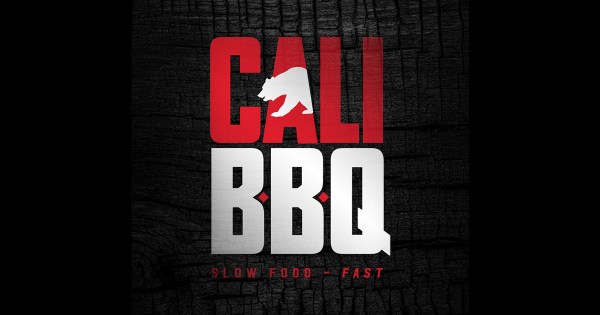Call CalliBBQ to order some ribs, and your order might be taken by an AI agent called Shawn.
This Father’s Day, California barbecue chain CaliBBQ swapped its usual phone operators for an AI agent trained to sound like the restaurant’s owner, Shawn Walchef. The result was a smoother operation and a measurable bump in business.
Father’s Day, typically CaliBBQ’s busiest day, brings in about $20,000 in sales on average. This year, sales jumped 18% over last year, hitting roughly $26,000 across 268 orders. The driver of this success was Shawn AI, an autonomous assistant built by the startup Palona using its Restaurant AI technology.
Shawn AI handled about 150 customer calls, from catering questions to reservations and orders. Meanwhile, walk-in takeout orders (pickup orders placed in advance) soared 92% year-over-year, with all processed through the AI agent.
“There’s talk about [the rise of] AI agents and robots and [if] we are getting rid of humans. For us, it’s about scaling hospitality,” Walchef said.
AI agents, technology that is designed to carry out tasks traditionally performed by humans, are becoming ubiquitous across brands, especially on the customer service front. Palona’s Restaurant AI is already deployed across over 20 restaurants, including Pizza My Heart and Kobunga Grill, handling inbound customer calls with human-agent fallback available.
This surge in AI adoption is reflected in corporate budgets. A 2025 PwC survey of 308 U.S. business executives found that 88% plan to increase AI-related spending over the next year. Meanwhile, between 79% and 85% of enterprises have adopted or intend to adopt AI agents for business functions.
Yet industry experts warn against fully replacing human customer service staff.
Gartner projects that by 2027, half of organizations planning major customer service workforce cuts will abandon those plans, highlighting the difficulties of transitioning to “agent-less” models. Polling 163 customer service leaders in March, Gartner found 95% intend to keep human agents to strategically guide AI’s role, favoring a “digital first, but not digital only” approach that maintains human involvement.
AI agents offer 24/7 service without breaks
Shawn AI is trained on Walchef’s voice and personality, using his podcasts from the show Restaurant Influencers, as well as CaliBBQ’s full menu. In previous years, Walchef would route Father’s Day callers to an auto attendant that directed them to the website or prompted them to text in orders.
“Because of Palona, we can just go live, and Shawn AI can start taking all those orders instead of giving this fragmented user experience,” said Walchef.
With staff no longer tied up on the phones, table turn times dropped nearly 50%, so staff could focus on in-person diners. CaliBBQ also saw a 25% decline in texts and calls to its support line compared to last year, and issued 10% fewer customer discounts—a common tactic restaurants use to appease unhappy guests.
“People can now go, ‘Wow, I can’t believe I ordered from an AI agent, and it was actually a better experience than talking to a human because they didn’t mess up my order,’” Walchef said.
Before the Father’s Day rollout, CaliBBQ tested Shawn AI for four weeks. Early feedback prompted adjustments to the AI agent’s tone and pacing, which was initially too conversational, said Palona CEO Maria Zhang. The company tightened guardrails to keep the agent succinct and on topic.
While Shawn AI does not yet accept credit card payments over the phone, Palona plans to integrate secure payment options as part of its product roadmap.
“People get busy and phones just go unanswered at restaurants, which is lost business for restaurants,” said Palona’s chief technology officer, Tim Howes. “AI agents are available 24/7, trained on everything about your business, menus, and specials, and give the same level of service every day, all day with no breaks or bad days.”



